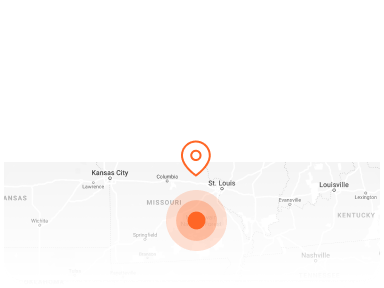
Jonathan Harry
Milan, ItlayFinding accommodation through TROI Global was stress-free. Within a week, I secured a clean, affordable room close to my campus.

13k rating (4.7 Rating)

Sofia Rena
New York, USATROI Global saved me time and money! I found a perfect place just minutes from school, and the booking process was seamless.

10k rating (4.5 Rating)

Rashed Kabir
Dhaka, BDAs a first-year student, I was worried about finding a safe and convenient place to stay. Thanks to TROI Global, I got the ideal apartment in no time.

11k rating (4.8 Rating)


